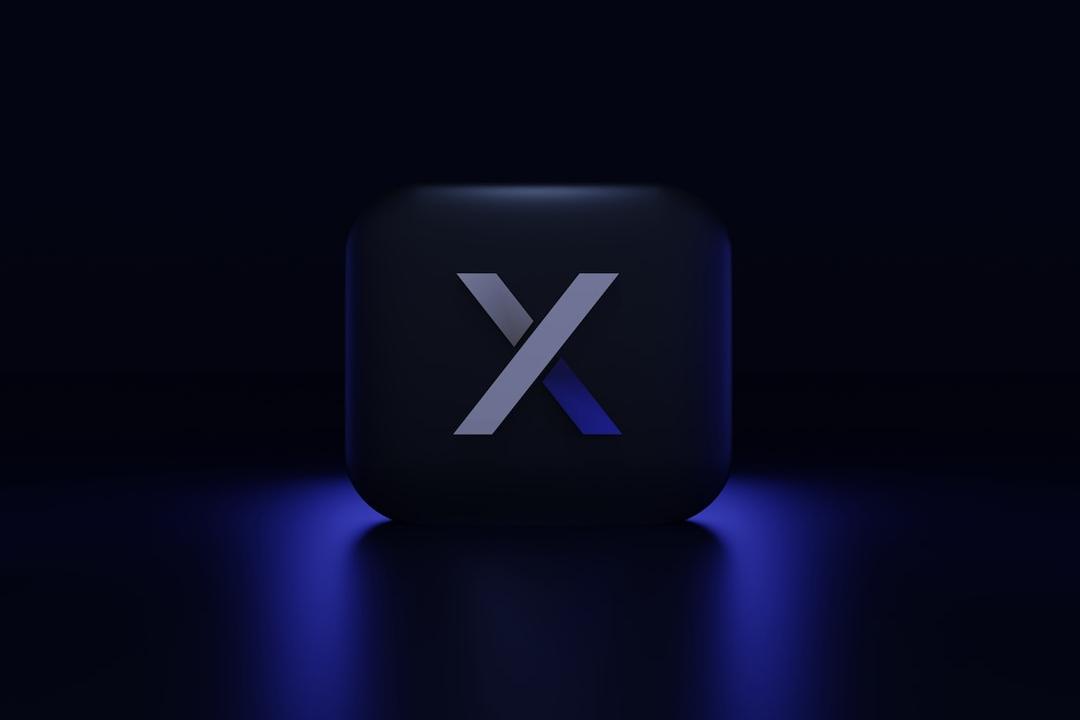Astar Network, a blockchain company headquartered in Japan, made a groundbreaking move on March 5 by introducing Astar zkEVM, the first layer-2 chain to seamlessly integrate with Polygon’s AggLayer.
Astar zkEVM is a layer-2 chain that employs zero-knowledge technology to enable secure cross-chain transactions between the Astar and Polygon blockchains. Through its integration with AggLayer, a protocol that facilitates multichain smart contracts using aggregate zero-knowledge proofs (ZK-proofs), the two chains are able to operate as a unified network for end-users.
Polygon Labs, in a blog post, described AggLayer as a solution that offers consistent cryptographic security and atomic composability across aggregated chains, without compromising their individual autonomy. This means that transactions remain tamper-proof throughout the entire process of crossing chains.
Sota Watanabe, the founder of Astar Network, highlighted that this move was in line with Japan’s national tech strategy, as stated in a press release reviewed by Cointelegraph.
AggLayer was announced just a little over a month ago, with the aim of simplifying the user experience across different chains. Polygon Labs compared the outcome to a more seamless end-user experience, similar to browsing the internet. Instead of manually dealing with connecting, recovering, and converting assets to facilitate cross-chain transfers, AggLayer handles these operations in the background. This is akin to the Web2 experience, where users click on a link and all the necessary interactions between websites and domains occur seamlessly.
Sandeep Nailwal, co-founder of Polygon, emphasized the significance of the AggLayer era, marking a major milestone in the blockchain industry.
Institutional investors have also taken advantage of the advancements in the blockchain space, as evidenced by their execution of on-chain AVAX tokenized loans.

